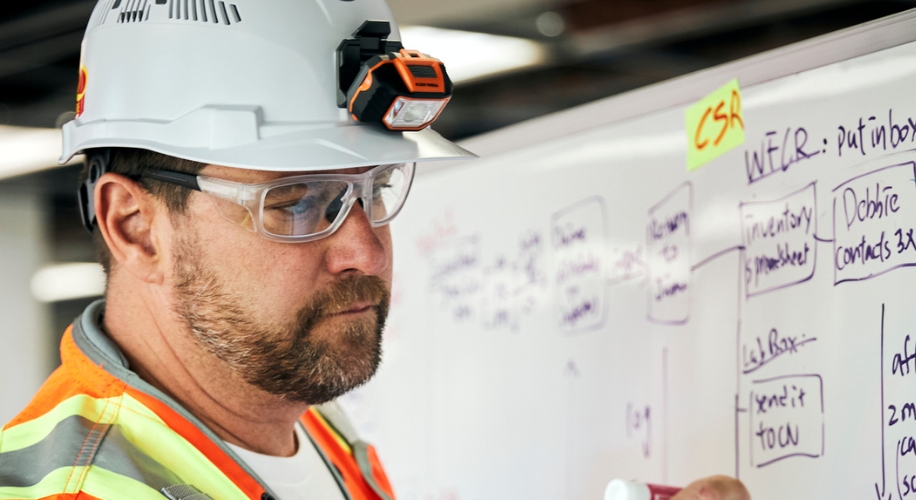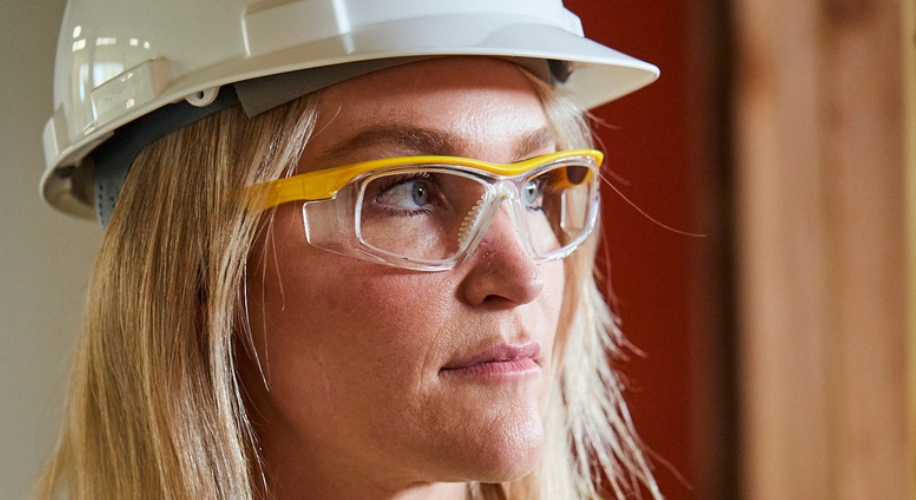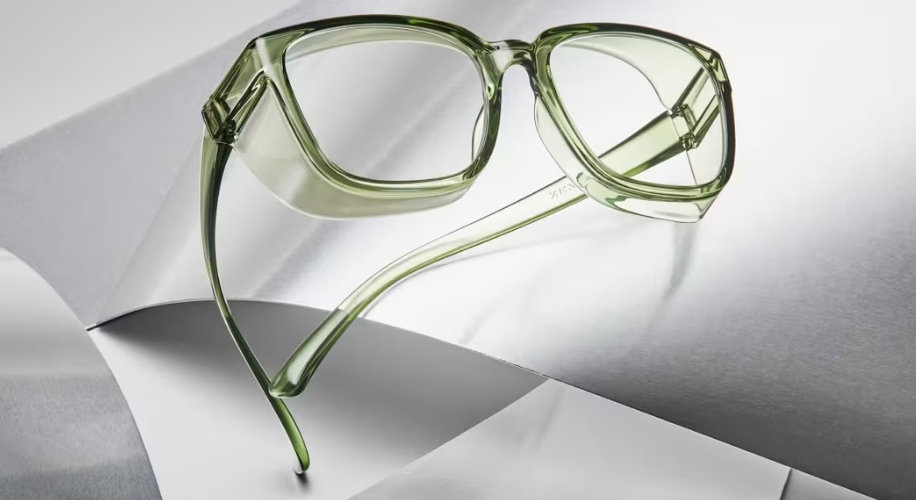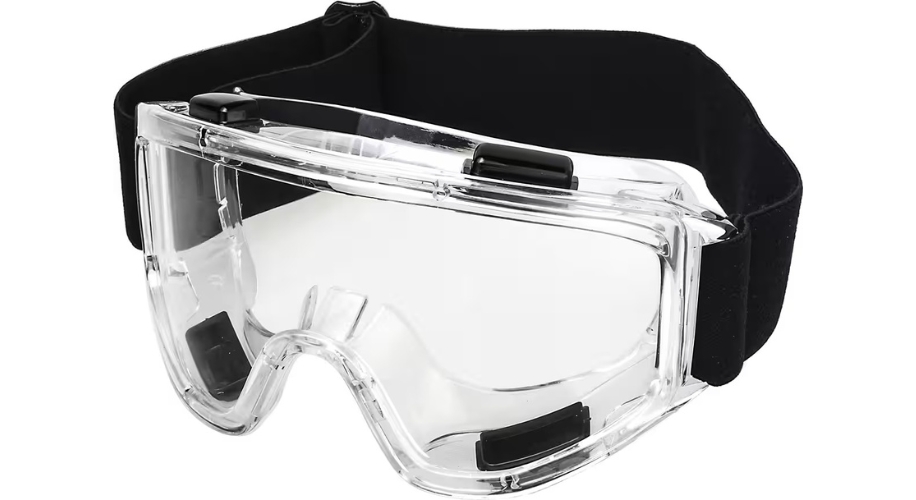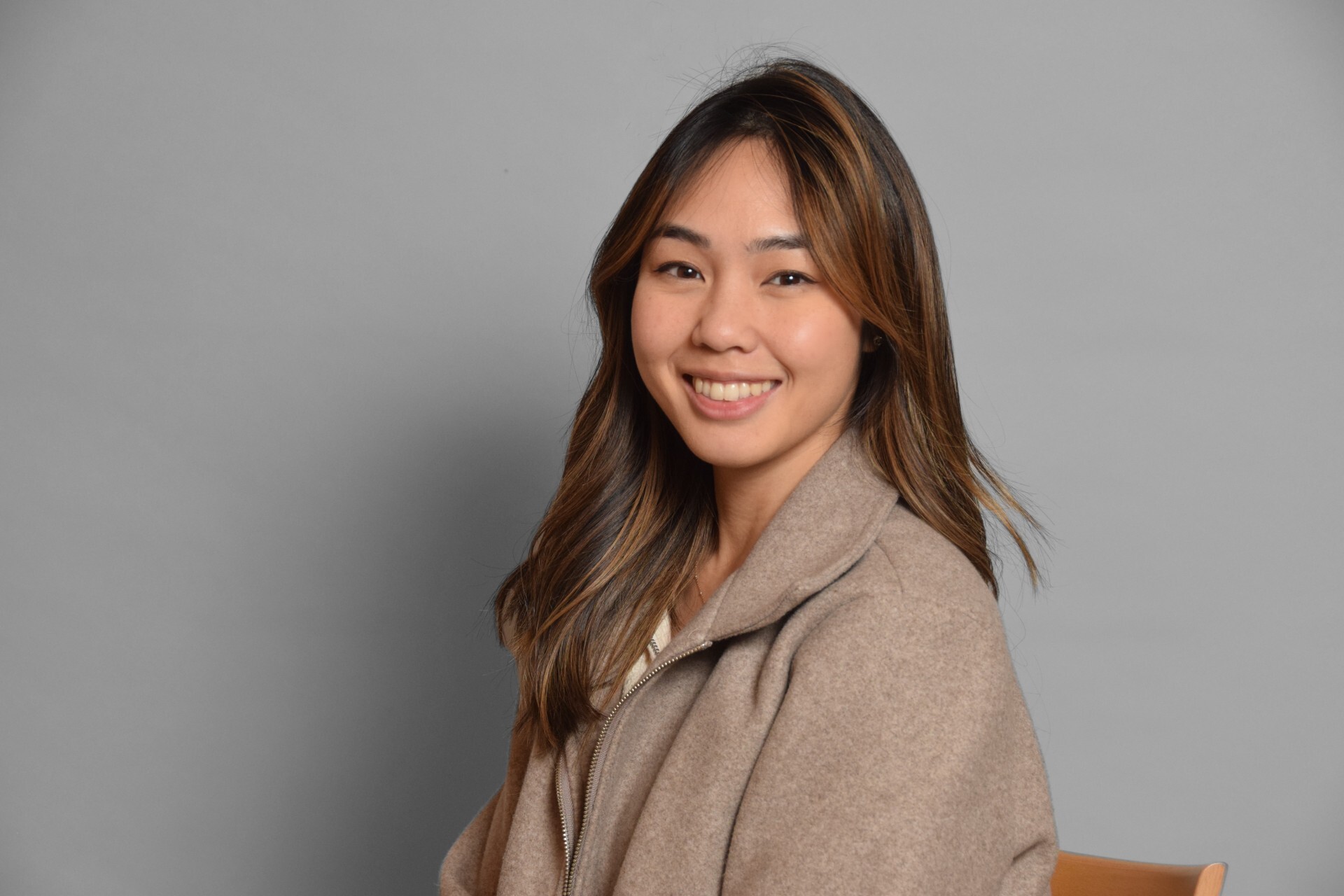Protect Your Vision: Essential Eye Safety Tips for the Workplace
- BY Catherine Ong
- IN Eye Care
Eye safety at work should never be an afterthought. In 2020 alone, 18,510 eye-related injuries were reported by the U.S. Bureau of Labor Statistics. With so many aspects of our jobs relying on our vision, it’s important to take proactive measures to protect your eyes. From computer screens to outdoor environments, various workplace settings can pose potential hazards to our eye health. Keeping your eyes safe on the job involves a combination of preventative measures, proper eyewear, and regular eye exams. Here are some essential tips to maintain eye health within industrial work settings.
Shop these Zenni Safety Glasses
Understand and Mitigate Workplace Eye Hazards
Identifying potential occupational eye hazards is the first step towards protecting your eyes at work. Some common risks include exposure to harmful light, airborne particles, and chemicals. Once the risks are identified, implement appropriate safety measures. These may include:
- Creating an eye-friendly workspace design to reduce eye strain from bright lights, glare, and radiation
- Using machine guards, work screens, and other engineering controls to prevent exposure to harmful particles
- Acquiring and utilizing the proper protective eyewear, whether it is impact resistant lenses or frames that will stay in place all day.
Remember, prevention is key when it comes to maintaining eye health at work. Always adhere to the safety eyewear standards provided by your employer and use the protective equipment when needed.
Shop these Zenni Safety Glasses
Invest in the Right Eyewear
In certain industries, the use of appropriate safety eyewear is fundamental to avoid severe eye injuries. Whether you’re working on a construction site or in a laboratory, wearing the right eyewear is crucial for preventing eye injuries. Ensure your protective gear adheres to safety eyewear standards.
- For outdoor jobs or roles that involve machinery and possible flying objects, consider impact resistant glasses that shield your eyes from all directions.
- If your occupation involves airborne particulates dust, consider frames that have protective shields on the side.
- If your job involves possibly toxic or irritating materials or fluids, full goggles with a seal would be a better choice.
In addition to providing protection, the right eyewear can also enhance your vision and increase your productivity at work. If you have vision problems, consider prescription glasses that are tailored to your needs.
Shop these Zenni Protective Glasses
Regular Eye Exams and Eye Care
Regular eye examinations play a crucial role in maintaining eye health at work. These evaluations help detect eye conditions at early stages, making them easier to treat. Be sure to discuss with your eye doctor about your job and any eye-related symptoms like blurred vision, dry eyes, or eye fatigue.
Since eye health is linked with overall wellness, it’s essential to maintain a healthy lifestyle. This includes eating a balanced diet rich in eye-healthy nutrients, staying hydrated, and getting regular exercise. Incorporate eye exercises into your routine, especially if your work involves long hours in front of a computer screen.
Shop these Zenni Safety Goggles
Eye safety at work is not a stand-alone task but is linked with overall workplace safety and well-being. By identifying potential hazards, equipping yourself with the right eyewear, and getting regular eye exams, you can ensure that your eyes remain healthy and protected in any work environment.
